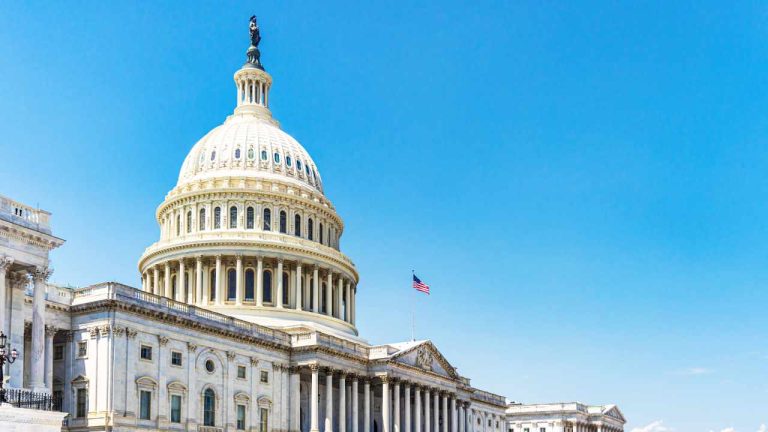
Representative Wiley Nickel called on Democrats and Republicans to support the bill to stop the SEC from “turning cryptocurrency regulation into a political football.”
Many lawmakers in the United States House of Representatives are expressing support for a bill clarifying the roles of the country’s financial regulators regarding digital assets as it approaches a floor vote on May 22.
Speaking on the House floor on May 21, North Carolina Representative Wiley Nickel called on lawmakers to support the passage of the Financial Innovation and Technology for the 21st Century (FIT21) Act. The bill would clarify how the Securities and Exchange Commission (SEC) and Commodity Futures Trading Commission regulate crypto and, according to Rep. Nickel, “prevent the next FTX” from happening.
“Congress has never voted on a regulatory structure for crypto,” said Rep. Nickel. “In fact, we’re operating on a hundred-year-old securities law.”









